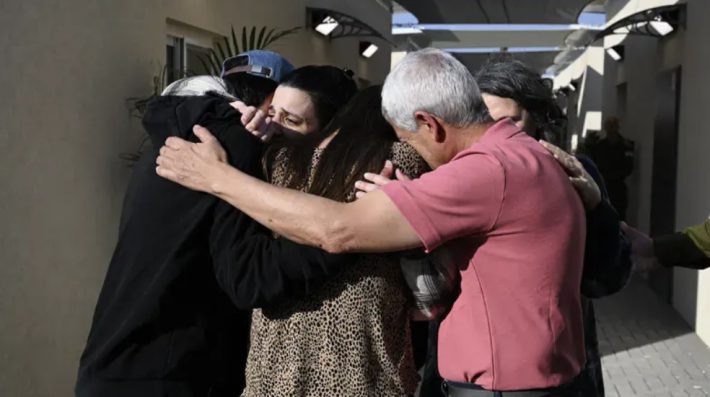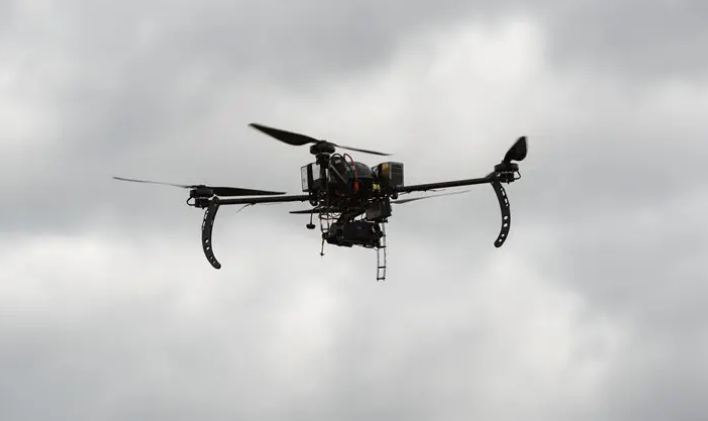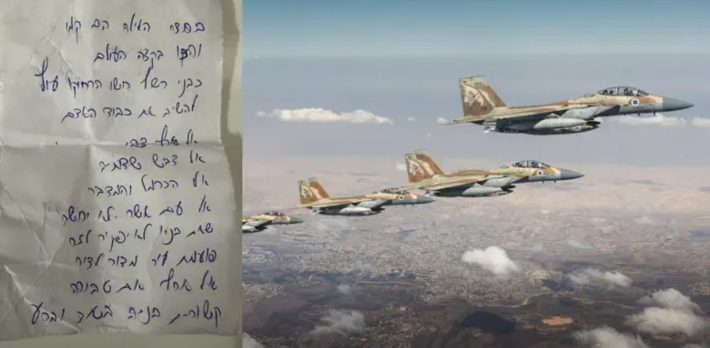In an emotional interview with Channel 12, freed hostage Arbel Yehud shares her traumatic experience of captivity in Gaza, her enduring pain, and her ongoing mission to bring others—like her boyfriend, Ariel Cunio—home.
For 482 days, Arbel Yehud endured captivity in the Gaza Strip—confined in total isolation, subjected to hunger, violence, and mental torment. In a powerful interview aired Friday on Israel’s Channel 12 News, Arbel recounted her harrowing experience and the fragile thread of hope that kept her alive.
“The loneliest.” That’s how she described her existence in captivity. “Every day you wake up and realize—you’re still alive. All that’s left is to hold on to that tiny bit of hope and pray for the day you’ll be free.” She admitted there were moments when she contemplated giving up entirely. “There are terrifying moments when you want to end it. But even then, I held on to just one percent of hope. Even if it was the last fumes—I never let go.”
She recalled October 7—the day she was abducted from Kibbutz Nir Oz. She and her boyfriend, Ariel Cunio, were taken together. “We were in the same vehicle, holding hands. We said just a few words—‘Our lives are gone.’ Then, they tore him away. I didn’t even get to say goodbye or look into his eyes. I screamed for him, tried to move—but they silenced me.”
In captivity, she was occasionally exposed to news via Al Jazeera broadcasts. “About a month and a half before I was released, they brought in a TV. Suddenly, I saw so many people from the kibbutz… I realized some had made it out.”
She struggles to piece together the memory of her return. “We were near a Red Cross vehicle. Then we turned and moved away. There was fear—chaos. I was afraid of getting shot. When I saw the crowd, I was in shock. Some moments I just don’t remember.”
Even now, back in Israel, Arbel says her heart and mind remain captive. “Physically, I’m here. But emotionally? I’m still there. You can’t leave a place like that. Not when others are still inside.”
When asked if Ariel knows she’s alive, she replied softly, “Honestly, I don’t know. But I imagine—maybe they told him. For psychological torture, probably.”
Her sense of loneliness endures. “Not as alone as I was in captivity, but… still alone.”
Instead of turning inward, Arbel is channeling her pain into advocacy for the hostages still held in Gaza. On Ariel’s birthday, she organized a soccer match in his honor. “I feel like I’m still restrained. Still in captivity. It’s all still inside me.”
In a direct message to Israel’s leadership, Arbel warned: “Military pressure harms the hostages—physically, mentally. It endangers their lives.” Asked if she believes the leaders understand that, she replied bluntly: “I don’t know if they don’t understand. I think they just don’t care.”





